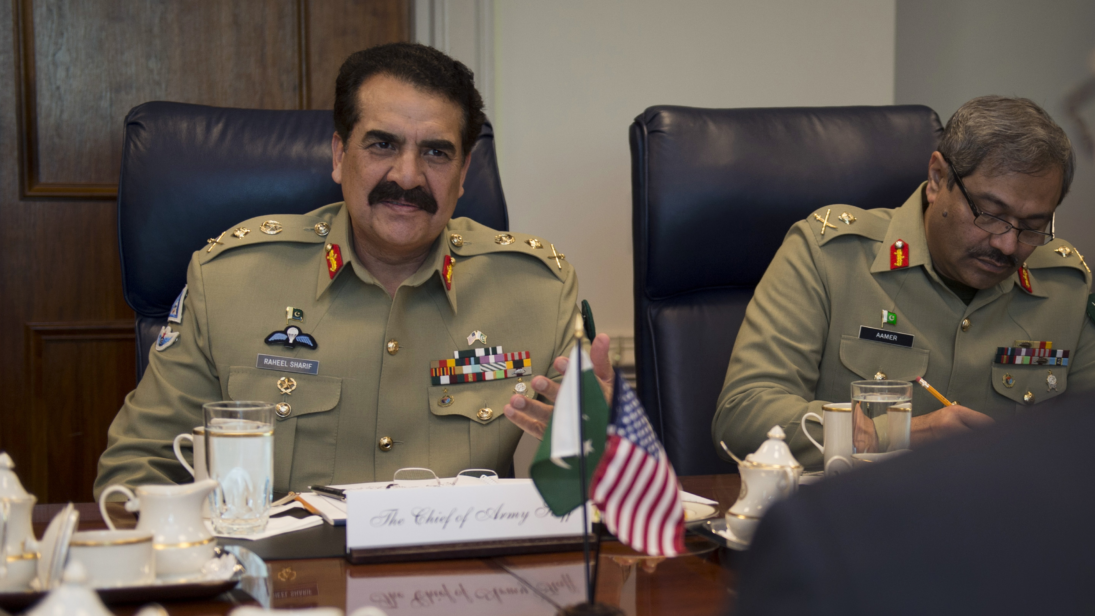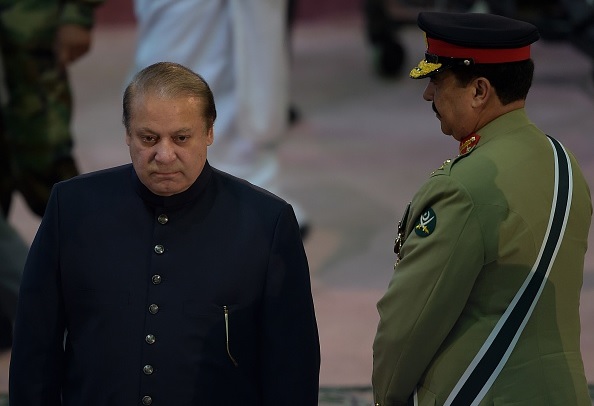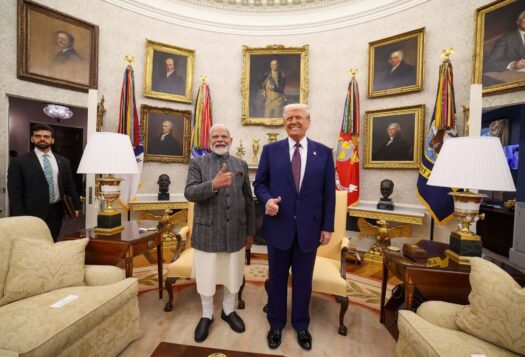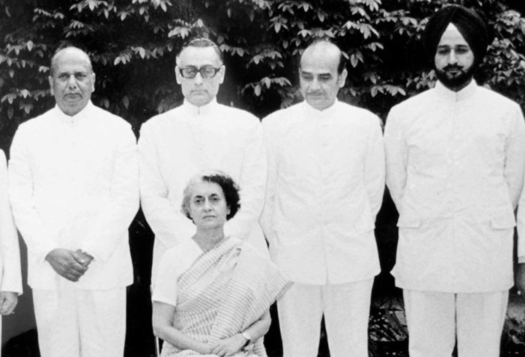
Defying all conspiracies and expectations, Chief of Army Staff (COAS) General Raheel Sharif retired this week. General Sharif is the only chief since 1996 to retire after completing a single three-year term. It is likely that the government started consultations regarding the selection of a new COAS earlier this year, since General Sharif showed his reluctance to extend his tenure and announced that his retirement will be as per schedule. Despite a few shortcomings, General Sharif has been one of the most admired chiefs, having confronted many of Pakistan’s most difficult challenges. A marathon task, therefore, lies ahead for the new COAS General Qamar Bajwa to keep the momentum going. Here’s a brief look at the major policies and strategies that General Sharif advanced during his tenure.
Spearheading Operation Zarb-e-Azb and Implementing NAP
General Sharif was instrumental in formulating a strategy to combat militants implicated in the War on Terror. The War on Terror has resulted in over 80,000 Pakistani fatalities and has cost Pakistan around $118 billion. The northern belt of the country was used as a hideout by militants who escaped from Afghanistan in the wake of the 2001 U.S.-led invasion, and they subsequently established networks and started to partake in radical activities. Terrorism witnessed an exceptional upsurge in this period, with Pakistan ranking third on the Global Terrorism Index at one point. In the midst of such a complicated security situation, Pakistanis were seeking a resilient COAS who could spearhead the war against terrorism. The appointment of General Sharif in 2013 turned out to be a blessing for the country, as he transformed Pakistan’s entire strategy for combating militants.
A key operation called Zarb-e-Azab was launched in 2014 in North Waziristan, a mountainous region where terrorists are believed to be hiding out, and it is now in its final stages. So far, around 3,500 militants have been killed and their sanctuaries destroyed. A dramatic drop in terror-related activities has been observed after the operation, followed by the gradual restoration of peace in most parts of the country. It may be too early to assert an absolute victory against terrorists, but it is not incorrect to say that their networks have been disengaged considerably.
After the deadly attack on the Army Public School in Peshawar in 2014, which left over 144 students and teachers dead, the civilian and military leadership felt it was necessary to formulate a national strategy to crack down on terrorism. The culmination of these efforts was the National Action Plan (NAP). As with Zarb-e-Azb, General Sharif worked to implement NAP in its true spirit. This twenty-point plan was a major stride in starting to sever the terror network, not only from the northern belt but also from mega-city suburbs.
However, the success of NAP thus far is disputed. The failure to dismantle the Haqqani Network, a group believed to receive covert support from the Pakistan Army, may not have marred General Sharif’s domestic popularity, but it did damage his stature internationally. Moreover, General Headquarters (GHQ) expressed its discomfort with the role of the civilian administration in the implementation of NAP, which raised questions about the efficacy of the plan.
Safeguarding CPEC
Mirroring the enthusiasm of the Pakistani civilian administration, General Sharif strongly supported materializing the China-Pakistan Economic Corridor (CPEC). The COAS occasionally toured China for defensive consultations regarding the safety and security of the CPEC route. During his tenure, the Pakistan Army took up the responsbility of protecting CPEC, and when he visited this Special Security Division (SSD) comprising 9,000 Pakistan Army soldiers and 6000 para-military forces, General Sharif assured that “the military is ready to pay any price to turn this ambitious project into reality.” Furthermore, General Sharif criticized India for allegedly sabotaging the trade route and reiterated his commitment to materializing CPEC.
Tough Stance against India
General Sharif consistently vocalized a tough stance against India. He accused the Indian intelligence agency Research and Analysis Wing (RAW) of destabilizing Baluchistan and indicated that the Pakistan Army was ready to confront all covert or overt plans. With Indo-Pak border tensions on the rise and extensive collateral damage reported on both sides of the Line of Control (LoC), General Sharif authorized the army to respond “effectively” to unprovoked Indian firing. He also frequently visited the LoC to boost soldier moral.

Balancing Civil-Military Ties
Unlike his predecessor General Ashfaq Kyani, General Sharif was active not only in professional matters, but also in balancing the civil-military relationship. Despite witnessing a severe political crisis in 2014 when Imran Khan led the Pakistan Tehreek-e-Insaf in a mammoth sit-in in Islamabad over alleged rigging in the 2013 general elections, the army did not intervene. Later, in the wake of the 2016 Panama Papers crisis, the army again refrained from intervening. Considering Pakistan’s history, under these chaotic political circumstances any other army chief would have been tempted to intervene, but General Sharif held back. He set an unprecedented example of keeping the army largely at a distance from politics.
Nevertheless, a story leaked by Dawn revealed civil-military contention with regard to acting against militants of all hues. Mishandling by the government and the army’s anxiety over the story, which it considered a security breach, was indicative of the lack of trust and strain that continue to beset the working relationship of the civilian government and the military in Pakistan. Thus, despite progress in this realm, General Sharif’s handling of civil-military relations was not without fault.
Conclusion
An official transfer of command within the army strengthens the institution and sets a precedent for the future leadership to follow suit. General Sharif has indeed left a legacy of professional commitment by adhering to constitutional domains, and stepping into his shoes will be a challenging task for the next COAS.
***
Image 1: Master Sgt Adrian Cadiz, Department of Defense (cropped)
Image 2: Aamir Qureshi-AFP, Getty


